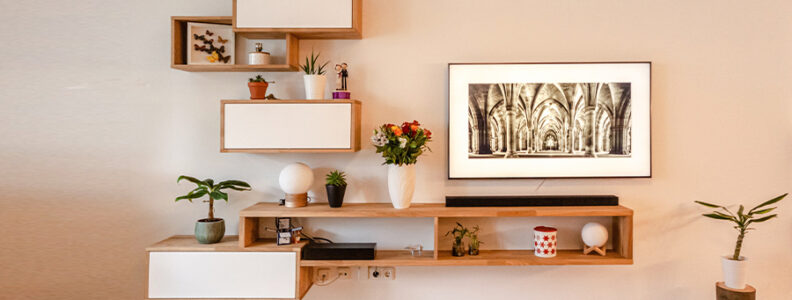Interior designers are not just tastemakers; they are essential contributors to the creation of functional, aesthetically pleasing, and harmonious spaces. In this blog, we’ll explore the importance of interior designers and the significant impact they have on shaping the environments we live, work, and play in.
Aesthetic Enhancement
Crafting Visual Harmony:
Interior designer in Mornington possess a keen eye for aesthetics, leveraging their understanding of color theory, spatial arrangements, and design principles to create visually appealing spaces. Their expertise ensures that the elements within a room harmonize, resulting in a cohesive and pleasing overall aesthetic.
Personalized Expression:
Beyond following design trends, interior designers excel at translating the unique preferences, personalities, and lifestyles of their clients into tangible design concepts. This personalized approach results in spaces that not only look beautiful but also reflect the individuality of the inhabitants.
Functional Optimization
Efficient Space Utilization
Interior designers in Melbourne are masters of spatial planning. They optimize the layout of a space to enhance functionality and flow. Whether it’s a residential living room or a commercial office, the strategic placement of furniture, fixtures, and accessories is orchestrated to maximize utility.
Creating Purposeful Environments
Understanding the intended use of a space is crucial. Interior designers consider the specific needs of their clients and design spaces that serve their purpose effectively. From ergonomic kitchen layouts to workspace efficiency, functionality is at the forefront of their decision-making process.
Emotional Impact
Setting the Mood
Spaces evoke emotions, and interior designers are adept at curating atmospheres that elicit specific feelings. Whether it’s the warmth of a cozy living room or the invigorating ambiance of a modern office, designers use elements like lighting, color, and texture to set the desired mood.
Well-being and Comfort:
The impact of interior design extends to the well-being and comfort of occupants. Thoughtful choices in furniture, lighting, and layout contribute to a comfortable and inviting environment. Designers consider aspects like natural light, ventilation, and acoustics to create spaces that enhance overall comfort.
Problem Solving
Navigating Challenges:
Every space comes with its unique challenges, whether it’s limited square footage or architectural quirks. Interior designers are skilled problem solvers, finding creative solutions to overcome obstacles and optimize the functionality and aesthetics of a space.
Coordinating with Other Professionals:
Interior designers often collaborate with architects, contractors, and other professionals to ensure that their vision is seamlessly integrated into the overall structure. This coordination is crucial for the successful execution of a design project, especially in larger-scale endeavors.
Time and Cost Efficiency
Avoiding Costly Mistakes
The expertise of an interior designer can prevent costly mistakes. From choosing the right materials to optimizing the budget, their knowledge ensures that resources are used efficiently, reducing the likelihood of unnecessary expenses or design mishaps.
Streamlining the Design Process:
Interior designers streamline the design process, saving clients time and effort. Their experience allows for efficient decision-making, from selecting furnishings to coordinating installations, resulting in a smoother and more timely execution of the project.
Trends and Innovation
Staying Current:
Interior designers stay abreast of design trends, innovations, and emerging materials. Their knowledge of the latest developments in the industry allows them to offer clients fresh and modern design solutions that stand the test of time.
Incorporating Technological Advancements:
As technology continues to shape our lives, interior designers integrate innovative solutions into their designs. From smart home technologies to sustainable materials, they leverage advancements to create spaces that align with contemporary lifestyles.
Conclusion: The Transformative Power of Interior Designers
In conclusion, the importance of interior designers goes beyond selecting furniture and colors; it encompasses the art of creating spaces that are not only visually appealing but also functionally optimized and emotionally resonant. From solving spatial challenges to curating personalized environments, interior designers play a pivotal role in shaping the places we inhabit. Their expertise ensures that every space becomes a canvas for artistic expression, a haven of comfort, and a reflection of individuality.
